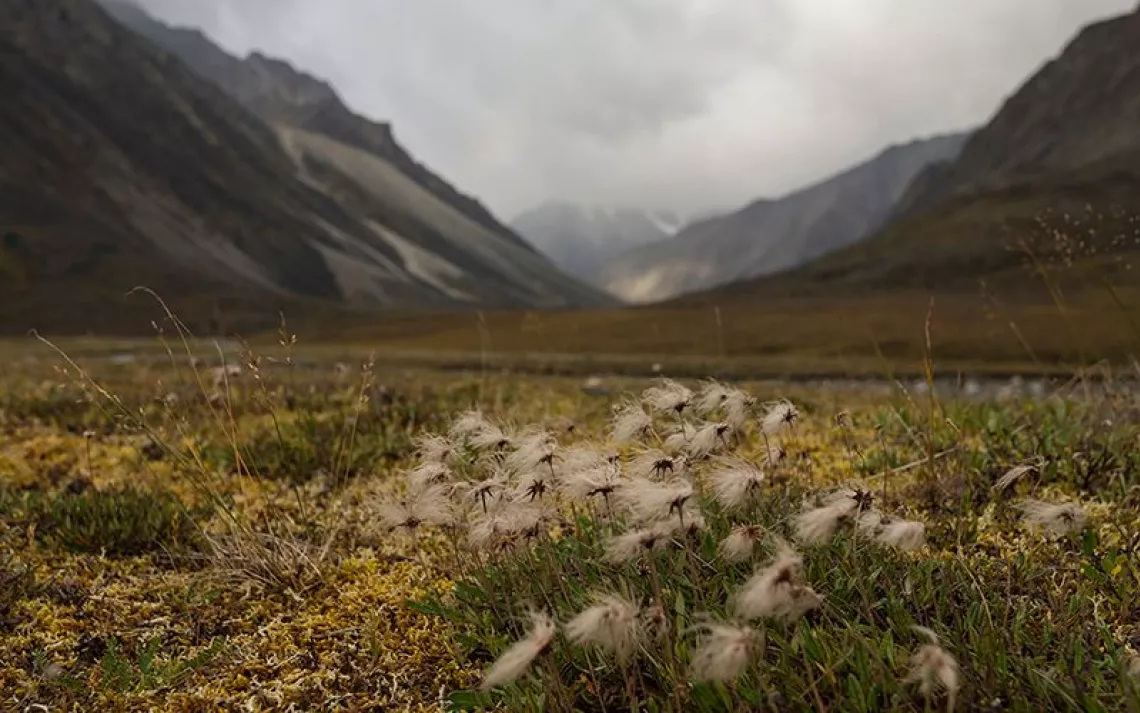Good News for Fourth Graders: They Can Keep Their Park Passes, for Now
Public pressure leads Interior to extend the Every Kid in a Park program

Fourth graders received their Every Kid in a Park passes during a special Canoemobile event in Washington, D.C., hosted by Wilderness Inquiry and National Park Trust in partnership with The North Face, the National Park Service, and the U.S. Forest Service to celebrate the Every Kid in a Park program and kick off OAK’s annual gathering. | Photo courtesy Outdoors Alliance for Kids
After considerable public pressure, the Department of the Interior just announced that it would grant a year’s extension to Every Kid in a Park, an Obama-era program that provides all fourth graders with a free pass to the nation’s public lands.
“Today’s decision is a victory for kids across the U.S,” said Jackie Ostfeld, director of Sierra Club Outdoors and chair of the Outdoors Alliance for Kids, in a press release. “Ending this program would have been a big mistake, and we’re glad to see that the Department of Interior will continue to support Every Kid in a Park.”
Since EKIP's founding in 2015, fourth graders have been able to visit the Every Kid in a Park website to download and print a free pass for themselves and up to three accompanying adults or an entire noncommercial vehicle. The pass is valid for all federally managed lands and waters, including national parks, forests, wildlife refuges, and marine sanctuaries. Every Kid in a Park is targeted at giving particularly underserved and urban schoolchildren the opportunity to explore national parks and public lands. Even with kids spending less and less time outdoors, the program was immensely popular—in its first year, over 2 million fourth graders obtained a free pass through the website.
Last month, campaigners like Ostfeld caught wind that the Interior Department would be making a decision in late May or early June on whether or not to extend the program. The odds did not look good—in March, Zinke blamed free-pass recipients for the staggering $12 billion national park maintenance backlog, telling the Senate Energy and Natural Resources Committee, “When you give discounted or free passes to elderly, fourth graders, veterans, disabled, and you do it by the carload, there's not a whole lot of people who actually pay at our front door.”
Besides the fact that the statement was inaccurate (veterans do not get free entrance to national parks, though active-duty service members and their dependents do), Zinke’s math didn’t add up. According to Ostfeld, the Every Kid in a Park program costs the Interior “next to nothing” to administer: an estimated $100,000, which covers the cost of having a staff member to coordinate the project, making sure the website is up to date, and the like. Moreover, most of the kids who have participated in the program come from low-income schools and likely would not have visited the parks (and, thus, would not have paid the entrance fees) without the free pass.
“It’s a tiny fraction of money for a huge return on investment,” Ostfeld told Sierra. “It inspires a lifelong affinity for our national parks. Our parks are going to be funded by people wanting to go there."
Advocates sprang into action. The Sierra Club collected nearly 15,000 messages to Secretary Zinke asking him to continue the program. The Outdoors Alliance for Kids organized a letter to Secretary Zinke urging him to continue the program; it was signed by 70 companies and organizations, including outdoor recreation industry giants like REI and Patagonia and partners ranging from the American Heart Association to the Hip Hop Caucus. Robbie Bond, the 10-year-old founder of Kids Speak for Parks who used his Every Kid in a Park pass to jumpstart his public lands advocacy, released a video from Yosemite asking Secretary Zinke to extend the program.
“Without those visits to those national parks, Kids Speak for Parks probably wouldn’t have happened,” Bond told Sierra. “A lot of kids don’t have the money to afford to visit the national parks. Kids really need to learn about the environment when they’re young because then they’ll be able to protect the environment when they’re older.”
Lest activists—and children—are put through the wringer again next year, legislators may permanently preserve the program. Congress is considering the Every Kid in the Outdoors Act, a bipartisan, bicameral piece of legislation that would codify the Every Kid in a Park program at the Interior. Until then, at least the nation’s fourth graders know they will have their free passes this year—just in time for the start of summer.
 The Magazine of The Sierra Club
The Magazine of The Sierra Club



